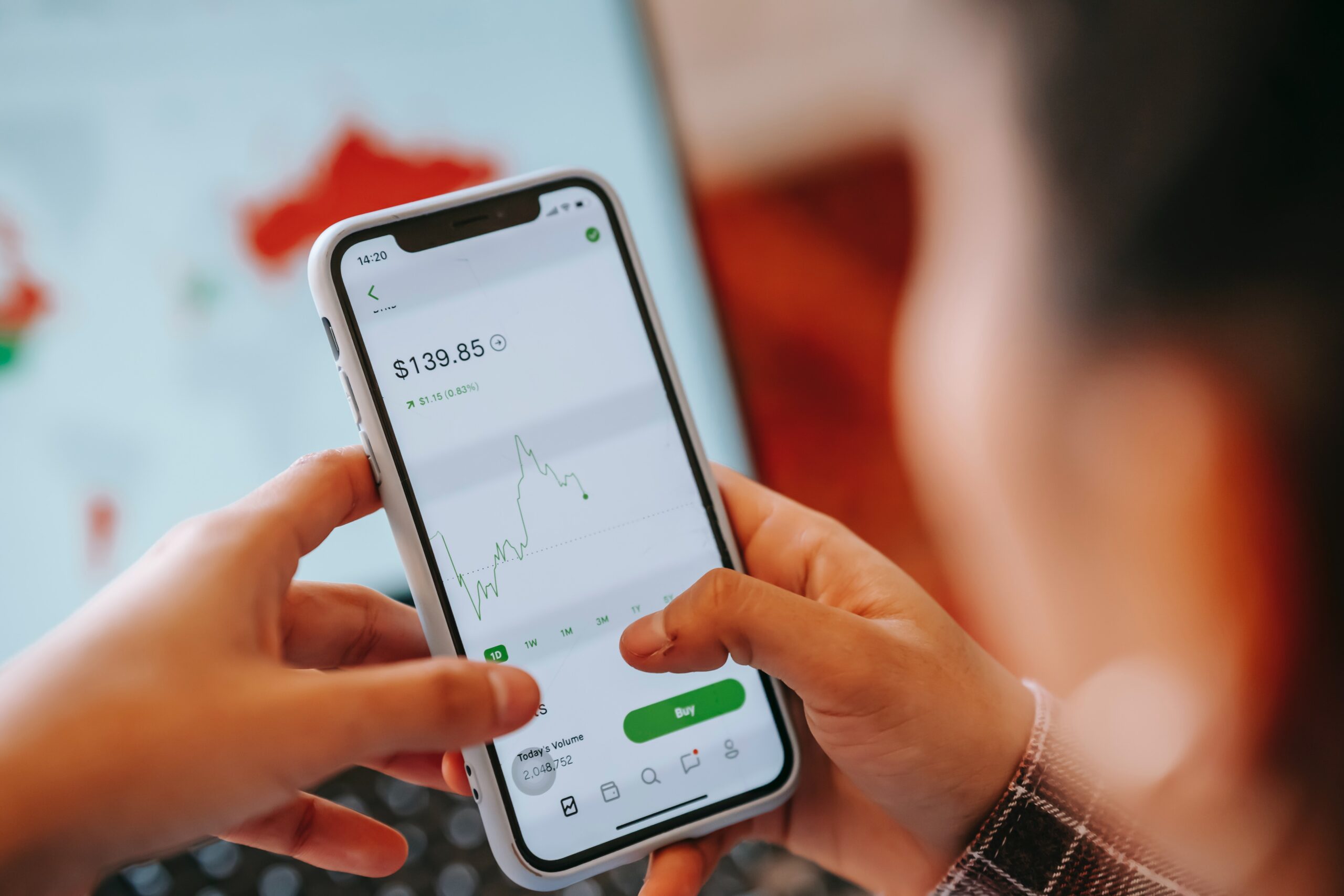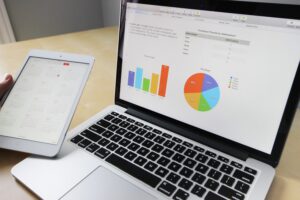
Trading platforms are becoming increasingly popular due to their convenience and ease of use. With the right trading platform, investors can access real-time market data, place orders quickly and easily, and monitor their portfolios in one place.
Table of Contents
ToggleKey Takeaways
- Trading platforms are essential tools for traders and investors to manage their market positions.
- They provide an easy-to-use interface with basic order entry screens for beginning investors, as well as more sophisticated tools such as real-time streaming quotes, advanced charting tools, live news feeds, educational resources, and access to proprietary research.
- When selecting a trading platform, traders and investors should consider fees and features.
What is a Trading Platform?
A trading platform is a software system used to trade securities. It allows investors to open, close, and manage market positions online through a financial intermediary such as an online broker.
Online trading platforms are frequently offered by brokers either for free or at a discount in exchange for maintaining a funded account and/or making a specified number of trades per month. The best trading platforms offer a mix of robust features and low fees. These features include charting tools, news feeds, order types, research capabilities, customizable watchlists, educational resources, customer service support, mobile apps, and more. By taking advantage of these features and services offered by the best trading platforms available today, investors can make informed decisions about their investments with confidence.
Why Use a Trading Platform
When it comes to investing, there are a variety of strategies and approaches that can be taken. For those who prefer a more active approach or want to build their own portfolios, trading platforms can provide access to the markets. With so many options available on the market, it is important to select one that meets your individual needs.
Benefits of a Trading Platform
Trading platforms usually have features that assist investors in making decisions. The right trading platform should offer features such as low fees, user-friendly interfaces, and reliable customer service. It should also provide access to a wide range of assets, including stocks, bonds, mutual funds, ETFs, and other investments. Additionally, it should have tools for research and analysis so you can make informed decisions about your investments. Finally, it should have security measures in place to protect your personal information and financial data. By taking the time to find the right platform for you, you can ensure that you get the most out of your investment strategy.
How Trading Platforms Work
Trading platforms can be divided into two categories: commercial and proprietary. The former is designed for day traders and retail investors, offering useful features such as real-time quotes, global news feeds, interactive charts, educational materials, and research tools for enhanced convenience.
Conversely, proprietary platforms are exclusive software created by big brokerages and other financial entities for their own trading endeavors. These are not open to the public.
Things to Consider When Selecting a Trading Platform
When it comes to choosing a trading platform, there are several factors to consider. Firstly, you should look into the costs and fees associated with the platform. Most platforms will incur a small fee to cover things such as cost per trade, annual fees, withdrawal fees, and bid-offer spreads. Prices will vary from platform to platform, so it’s important to do your research beforehand.
You should also consider the investment options available on the platform. Some platforms offer a huge range of investments, whilst others only include specialized funds. Additionally, you should think about how user-friendly the interface is – you want it to be easy to navigate and not overly complex. Finally, reputation is key when selecting a trading platform; make sure that you choose one with credibility and good reviews from other users.
Conclusion
For those looking to take a more active role in their investments, trading platforms can provide the tools and resources needed to access the markets. With so many options available, it is important to select one that best suits your individual needs. Trading platforms offer a variety of features such as real-time market data, charting tools, and advanced order types. They also allow you to build your own portfolios and customize your trading strategies.
Using a trading platform can help you stay up-to-date with the latest market news and trends, allowing you to make informed decisions about when to buy or sell stocks. Additionally, some platforms offer educational materials such as tutorials and webinars which can help you gain an understanding of how the markets work. By selecting a platform that meets your individual needs, you can ensure that your investment strategy is tailored for success.
Trading Platform FAQs
Are trading platforms free?
The amount of money you spend on trading platform costs will depend on how often you decide to trade and how many funds you invest in. If you want to take a hands-on approach to invest where you frequently trade, then it is important to consider that these costs can add up quickly over time. It is therefore important to research different trading platforms and compare their fees before making any decisions about which one to use. By doing so, you can ensure that your investments are as cost-effective as possible.
Which platform is best for trading for beginners?
There are a variety of trading platforms made for beginners. If you are early on in your trading endeavors, look for a trading platform with a friendly interface or one that offers help for beginners navigating the platform. Find a platform that offers a variety of tools and resources to help traders learn more about the markets and become comfortable with trading. This includes tutorials, webinars, videos, and more. Many platforms offer competitive fees and commissions, so it’s important to compare them before making a decision.
What are the Key Features of Trading Platforms?
Cost and fees, investment options, platform reputation, and usability are all important features of trading platforms.



